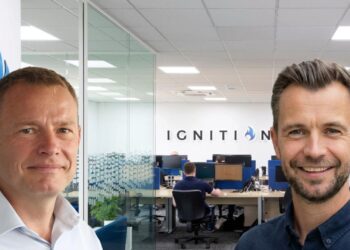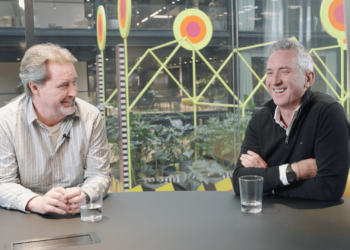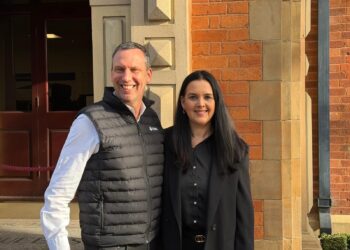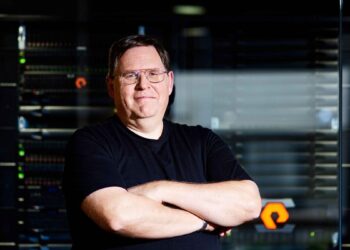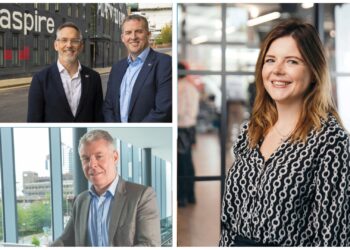A fast-growing ‘ITAD’ has argued the term is no longer fit for purpose as it looks to forge a fresh outcome-based approach in the space.
The global IT asset disposition market was worth $14.4bn in 2021 and is set to hit $31.7bn by the end of 2031, according to Transparency Research.
But talking to IT Channel Oxygen for our newly launched Second Life hub, KOcycle Founder Oliver Mason said he “stays away from the term as it deters from what our clients want”.
Having previously worked for Insight and CAE, Mason launched the Braintree-based outfit in 2018 with a mission of bringing more of an outcome-based, solutions sales model to the sector. KOcycle has an indirect sales approach, working through resellers.
“I love the term ‘lifecycle services’ as I think it better reflects our industry,” Mason told IT Channel Oxygen.
“We stay away from ‘ITAD’ because it essentially means waste management. I think that deters from the point of what clients want, which is a seamless, automated way of working.”
“We’re forged from VARs”
Mason said the ITAD sector could be divided into two camps when he launched KOcycle – namely large PLCs lacking a focus on quality of service, and uncertified ‘white van men’ offering rebates for redundant IT.
The VAR background of KOcycle’s top team prompted it to pursue a different approach, he claimed.
“We are a company that’s forged from VARs, and that makes us unique,” Mason said.
“There was definitely a need for people that have come from a background of outcome-driven, IT solutions selling and seven- or eight-figure deals, to move into this industry.”
Although KOcycle has plans to boost headcount from 30 to 50 by the end of the year, the aim is to scale largely through partners, Mason said.
“It’s a faster route to market than hiring,” he said.
“We do a lot with that enablement piece with our partners to make sure they’re going to market with the right offering, and that they understand our portal.
“They hand over to us, we build in that automation for the client and the client then has the best user experience. We make sure the client sits there and goes ‘why would we go elsewhere afterwards’?
“The key thing is if [a partner] brings us a client, that’s their client for life.”
“I see the market splitting in two”
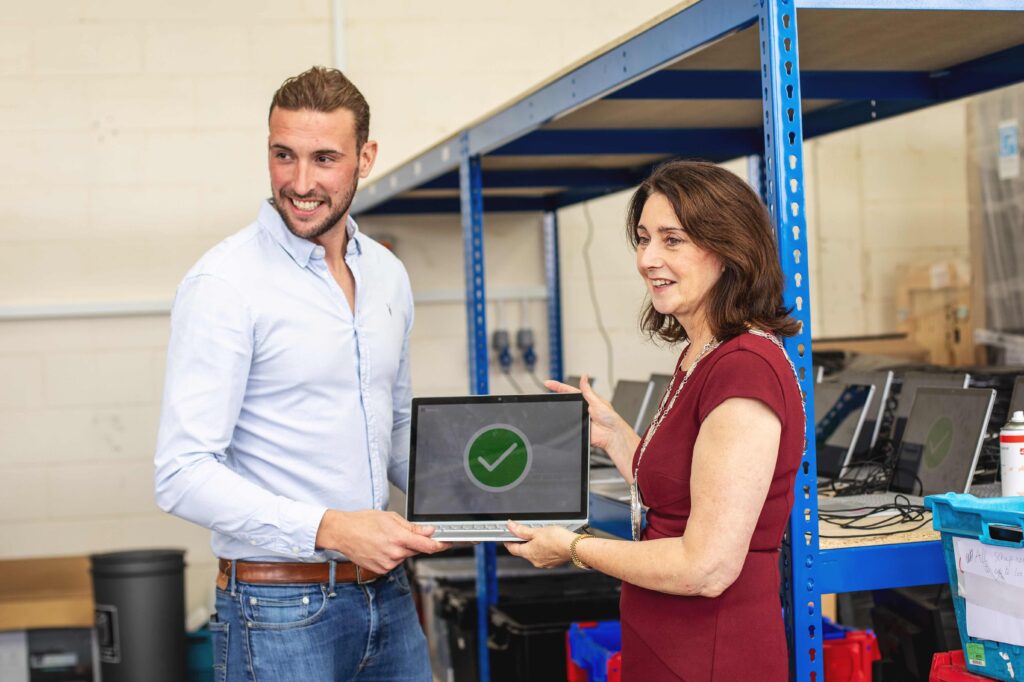
Although KOcycle has a zero to landfill policy, historically 80% of equipment it deals with ends up being recycled rather than reused – a ratio it is looking to improve to 50:50 following the move to its new Braintree HQ.
However, Mason was quick to stress that KOcycle isn’t in the business of selling reused equipment.
“When I look at the market as a whole, I see it splitting into two,” Mason explained.
“We want to be known as the best IT services partner when it comes to lifecycle services. We aren’t [playing] where I see the other part of the channel moving towards, which is around circularity and selling devices into end users or VARs.”
This makes KOcycle very different from Circular Computing, which last month won a landmark deal to supply its remanufactured laptops into the Irish public sector. It carries out the remanufacturing at a plant in the UAE.
“The UK market, being a living wage employer, would not have the economies of scale nor the workbench power to operate something like that,” Mason said. “The minute someone’s touching it in the UK when you’re manufacturing devices, you’re losing money.
“The core of our business is being the best at taking devices back and getting them into a state where they can be reused.”
“Rise of software-defined killing reuse”
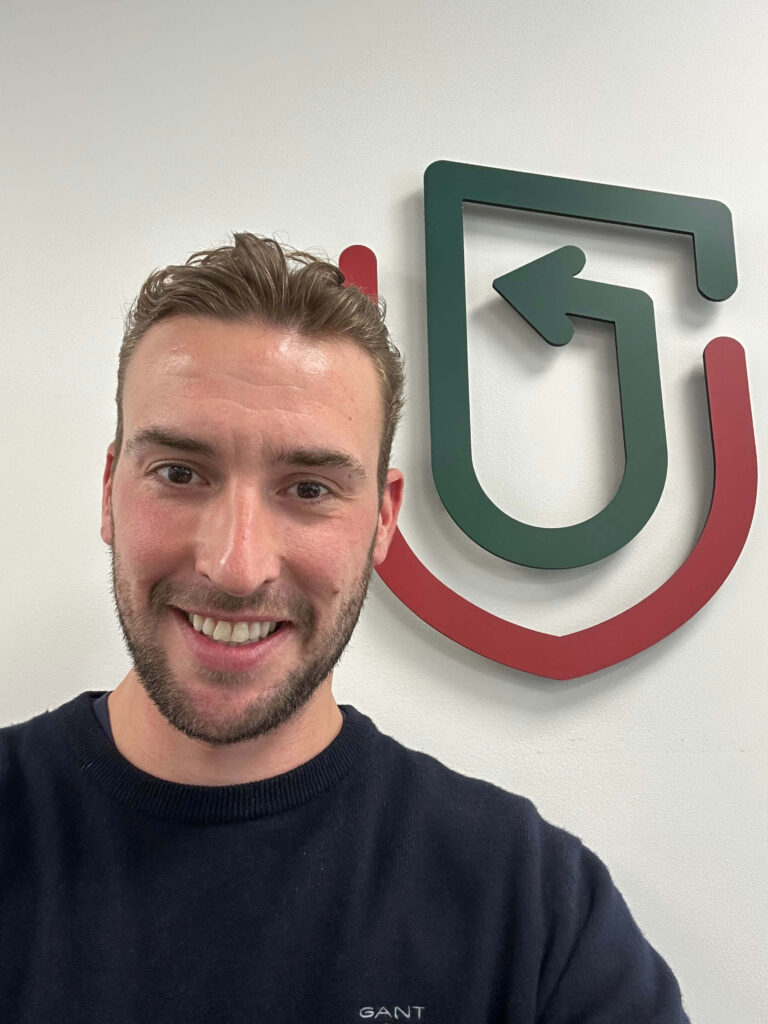
Although reluctant to “speak ill of the vendors”, Mason argued that the rise of software-defined technology is “killing” reuse in the datacentre space (see video, top).
“It used to be that there was a really great market in networking, server and storage, but it’s simply dying at a rate, because the vendors have dictated,” he said.
End users are driving rising demand for lifecycle services, Mason said, however.
“Rather than it being VARs taking us to market like they would a new vendor, [demand] is being built from the clients asking them ‘what is your position on this?’,” he said.
What does Mason make of the trend of Europe’s largest resellers – among them Computacenter and Atea – launching 1:1 recovery goals?
“It’s fantastic when you get to the level of a Bechtle or Computacenter, but lots of VAR partners just don’t have that ability. They can’t become ADISA certified overnight. We’re a specialist in that area who can help other VARs get there – I think that’s a point worth noting,” he concluded.
Doug Woodburn is editor of IT Channel Oxygen





